

2018-05-25 07:30:00 Fri ET
technology antitrust competition bilateral trade free trade fair trade trade agreement trade surplus trade deficit multilateralism neoliberalism world trade organization regulation public utility current account compliance
This new round of tariffs arises as a major macro surprise less than a fortnight after Treasury Secretary Steve Mnuchin says the Sino-U.S. trade war is on hold.
China has already committed to significantly increasing its main purchases of U.S. goods and services in order to reduce their trade imbalance.
President Trump vows to impose tariffs on another $200 billion Chinese imports if the communist regime cannot comply with fair bilateral trade practices.
The Chinese Xi administration may choose to postpone unfair Sino-American trade negotiations after the November 2018 U.S. mid-term elections.
However, the Trump administration aims to attain a hefty $200 billion reduction in bilateral trade deficit.
In addition to the Sino-U.S. trade war, the Trump team announces 25% steel tariffs and 10% aluminum tariffs on Canada, Europe, and Mexico.
The Trump administration seems to consider this deliberate trade tactic part of the political path toward the median voter with better midterm election results.
Many western allies and East Asian dragon economies plan to voice their concerns and complaints at the World Trade Organization (WTO) international tribunal.
If any of our AYA Analytica financial health memos (FHM), blog posts, ebooks, newsletters, and notifications etc, or any other form of online content curation, involves potential copyright concerns, please feel free to contact us at service@ayafintech.network so that we can remove relevant content in response to any such request within a reasonable time frame.
2023-08-07 12:29:00 Monday ET

Oxford macro professor Stephen Nickell and his co-authors delve into the trade-off between inflation and unemployment in the dual mandate of price stability
2018-12-09 08:44:00 Sunday ET
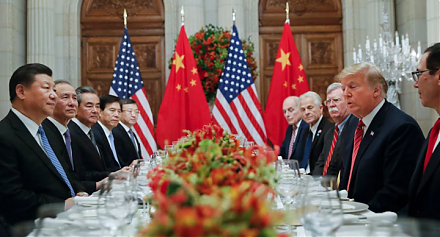
President Trump meets with Chinese President Xi again at the G20 summit in the city of Buenos Aires, Argentina, in late-November 2018. President Donald Trum
2019-01-27 12:39:00 Sunday ET
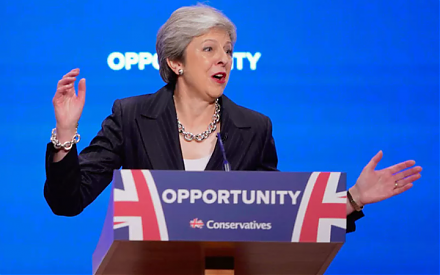
British Prime Minister Theresa May faces her landslide defeat in the parliamentary vote 432-to-202 against her Brexit deal. British Parliament rejects the M
2018-11-09 11:35:00 Friday ET
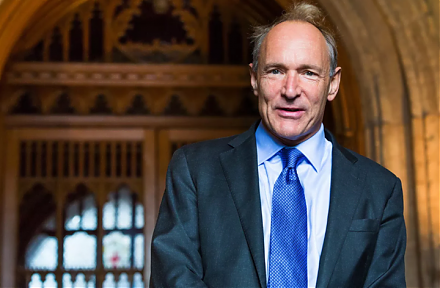
The Internet inventor Tim Berners-Lee suggests that several tech titans might need to be split up in response to some recent data breach and privacy concern
2019-03-19 12:35:00 Tuesday ET
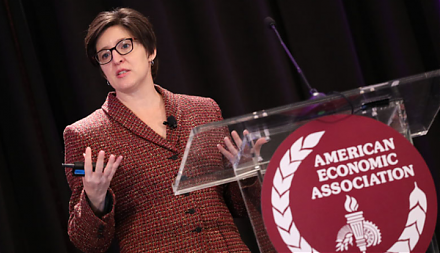
U.S. tech titans increasingly hire PhD economists to help solve business problems. These key tech titans include Facebook, Amazon, Microsoft, Google, Apple,
2018-04-17 12:38:00 Tuesday ET
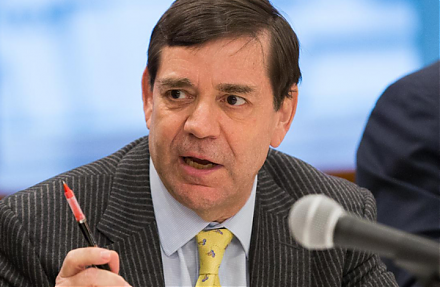
Value investment strategies make investors wiser like water with core fundamental factor analysis. Value investors tend to buy stocks below their intrinsic